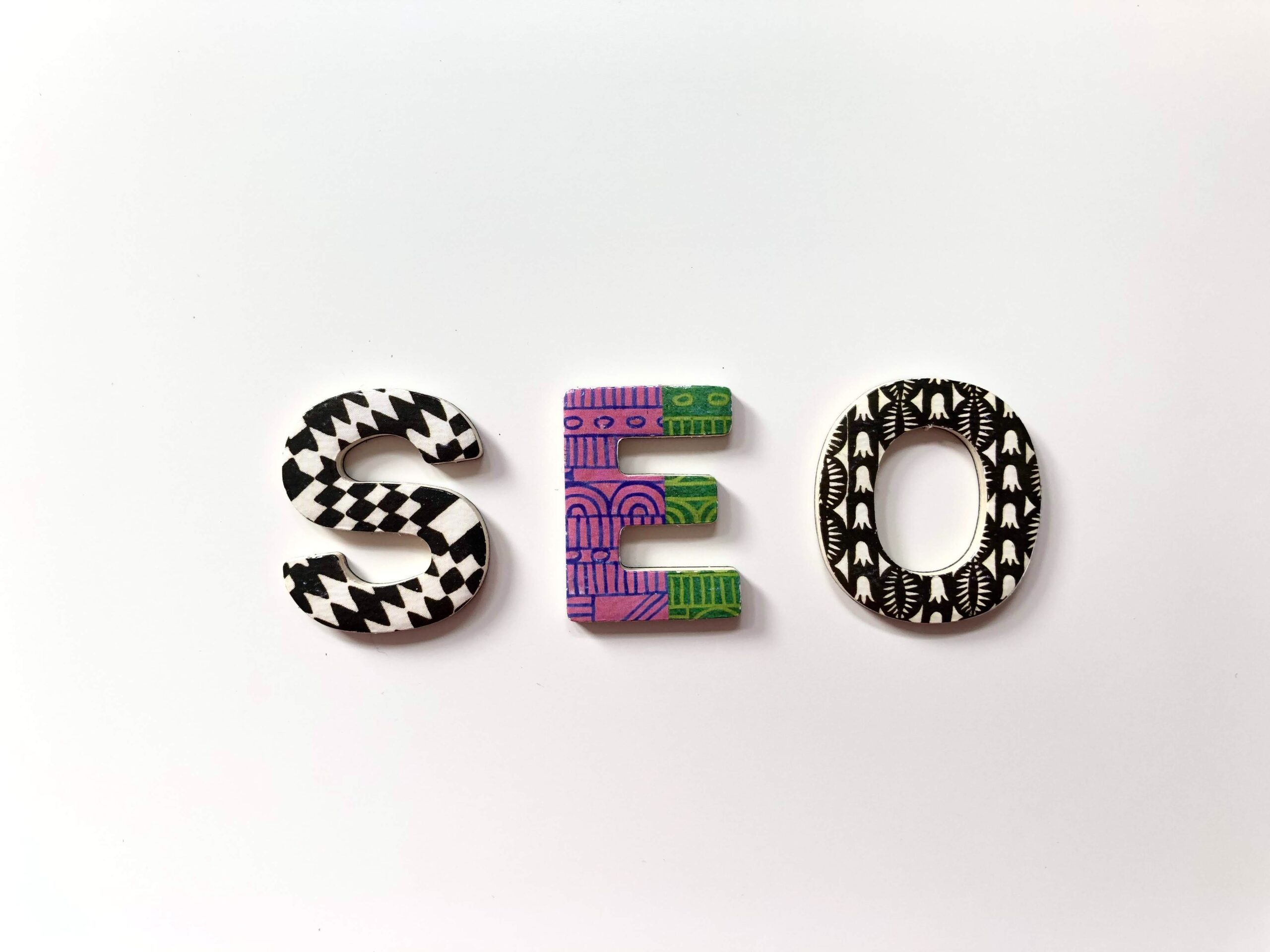Introduction
In the world of digital marketing, two acronyms often come up: SEO and SEM. While they may sound similar, they are actually two distinct strategies that businesses can use to improve their online visibility and drive traffic to their websites. In this blog post, we will explore the differences between SEO and SEM and discuss when it is appropriate to use each one.
What is SEO?
SEO stands for Search Engine Optimization. It is a strategy that focuses on improving a website’s visibility in organic (non-paid) search engine results. The goal of SEO is to optimize a website’s content, structure, and other elements to rank higher in search engine results pages (SERPs) and attract more organic traffic.
What is SEM?
SEM stands for Search Engine Marketing. It is a broader term that encompasses various strategies used to increase a website’s visibility in search engine results pages. SEM includes both organic strategies (SEO) and paid strategies, such as pay-per-click (PPC) advertising.
The Differences
The main difference between SEO and SEM is that SEO focuses solely on organic strategies, while SEM includes both organic and paid strategies. SEO is a long-term strategy that requires continuous effort to improve a website’s visibility and maintain high rankings in search engine results. On the other hand, SEM can provide immediate results through paid advertising campaigns.
Another difference is the cost. SEO is generally a more cost-effective strategy in the long run, as it does not require ongoing payments for ad placements. SEM, on the other hand, can be more expensive, especially if a business invests heavily in paid advertising.
When to Use SEO
SEO is ideal for businesses that want to build a long-term online presence and attract organic traffic. It is especially beneficial for businesses that have a limited marketing budget and want to maximize their ROI. SEO is also a great strategy for businesses in competitive industries, as it can help them stand out from the competition and attract targeted leads.
When to Use SEM
SEM is ideal for businesses that want to see immediate results and are willing to invest in paid advertising. It is a great strategy for businesses that are launching new products or services and want to generate awareness and leads quickly. SEM is also beneficial for businesses that want to target specific demographics or geographic locations.
Conclusion
While SEO and SEM are both effective strategies for improving online visibility, they have different purposes and should be used in different scenarios. SEO is a long-term strategy that focuses on organic traffic, while SEM includes both organic and paid strategies for immediate results. By understanding the differences between SEO and SEM, businesses can make informed decisions and create effective digital marketing campaigns.
